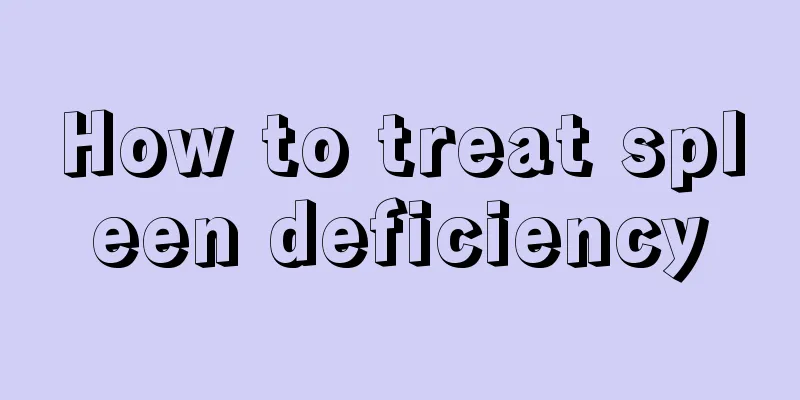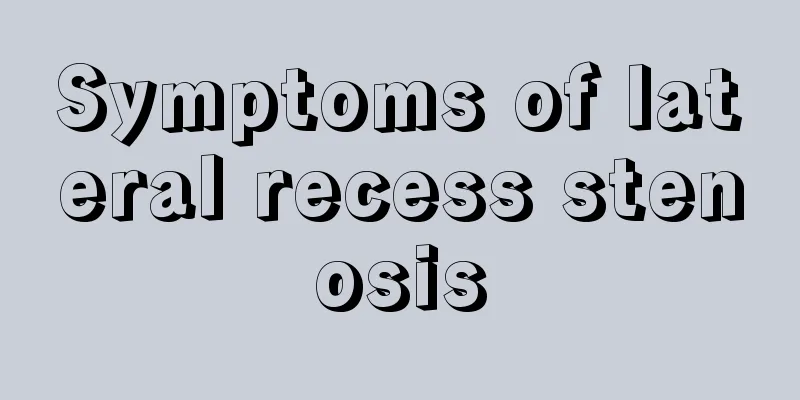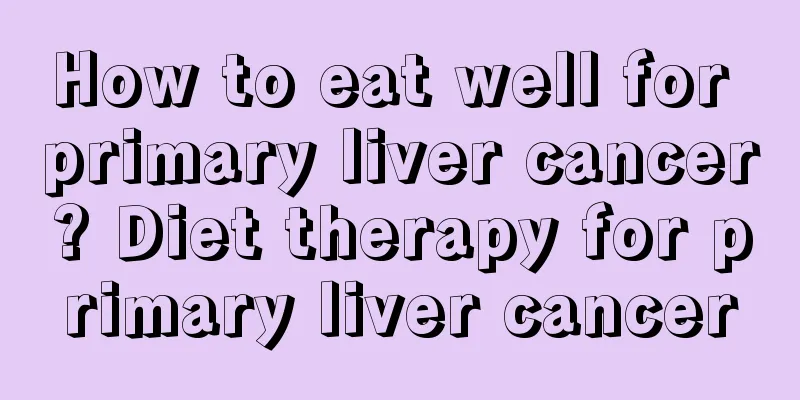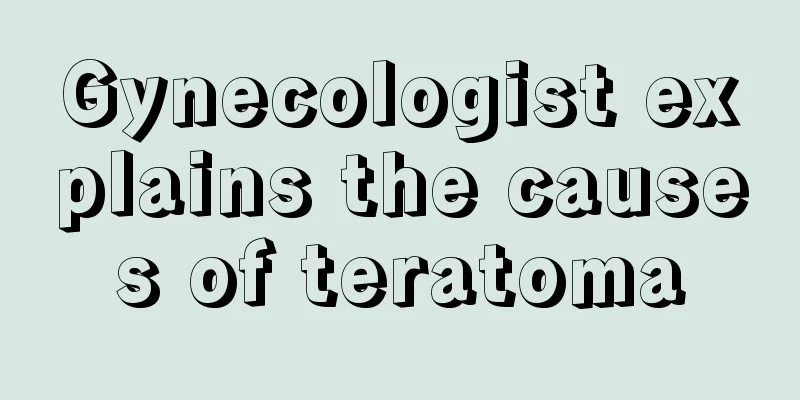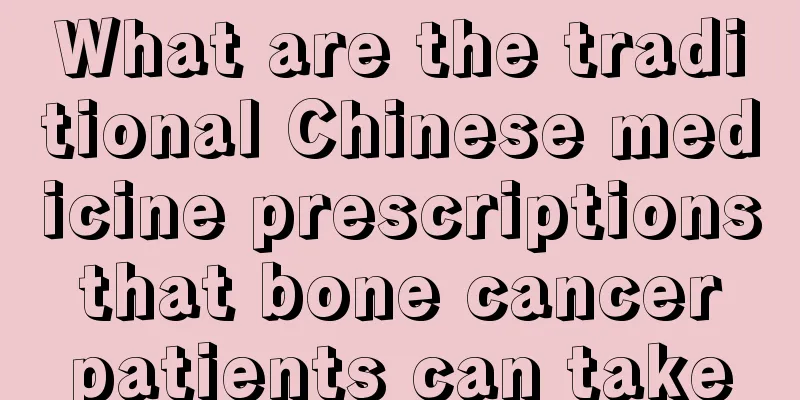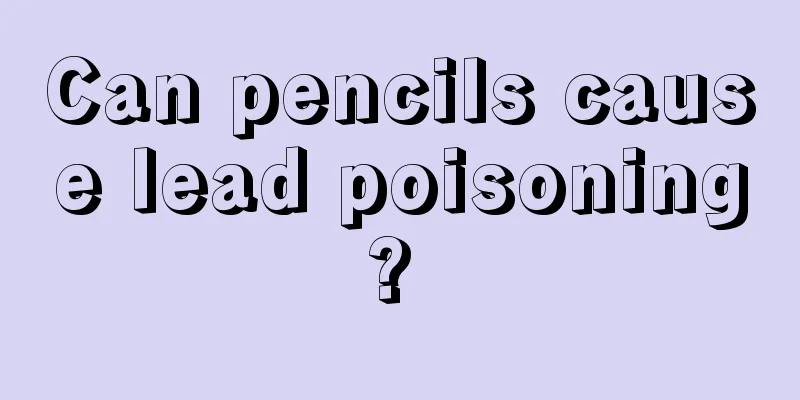How to judge whether chemotherapy is effective

|
When tumors or cancer develop to the middle or late stages, patients generally have to undergo chemotherapy. Chemotherapy is a very painful process, and the frequency of chemotherapy varies depending on the patient's condition. But in general, the frequency of chemotherapy is very high. Moreover, chemotherapy generally only has an inhibitory effect on the disease and rarely completely cures the disease. So, how do we determine whether chemotherapy is effective? 1. How to judge whether chemotherapy is effective 1. Changes in the size of the lesion; 2. Changes in blood indicators of tumor markers; 3. The patient's weight, appetite and mental state. The evaluation should be done after 2 cycles, don’t wait until 4 cycles or even longer. 2. Main indicators for evaluating chemotherapy There are many indicators for evaluating chemotherapy, which are generally evaluated by combining the improvement of the patient's clinical symptoms with objective indicators such as imaging. The main indicators for evaluating chemotherapy are: (1) serum PSA value: it can better reflect the tumor burden of prostate cancer in the body. A decrease in serum PSA indicates that chemotherapy is effective. (2) pain score: although it is a subjective indicator, (3) progression-free time: refers to the control of prostate cancer after treatment. (4) overall survival time refers to the time from the start of treatment to the patient's death. (5) Tumor size can also be used as an objective evaluation indicator. Tumor shrinkage indicates that treatment is effective. Is chemotherapy effective? Most people believe that cancer requires chemotherapy, especially for patients in the middle or late stages. So is chemotherapy effective? In fact, chemotherapy was developed without knowing how high the probability of success is, and some chemotherapy drugs are not sensitive to tumor effects. Some tumors require 1-2 chemotherapy sessions. Excessive chemotherapy will only accelerate the body's entry into a weak period, making cancer more difficult to control. 4. Are adverse reactions an indicator of whether chemotherapy is effective? Some people believe that if there are no adverse reactions, the drug is ineffective; if there are adverse reactions, the drug is very effective. However, since each patient has different tolerance to drugs, the presence or absence of adverse reactions is usually not an indicator of whether the treatment is effective. If the lesion increases in size during chemotherapy, tumor indicators increase significantly, or distant metastases occur in the lymph nodes, liver, lungs, brain, bones, etc., it means that the chemotherapy effect is not good and the chemotherapy plan should be changed. |
<<: How to tell if it's onychomycosis
>>: How to treat neurodermatitis
Recommend
What is the reason for the pimples on the oral wall
There are bumps on the oral wall. These bumps are...
Can malignant colorectal cancer be cured?
There are three main treatments for colorectal ca...
What's the matter with loss of appetite and weight loss
If you have no appetite and are getting thinner a...
How to treat thyroid cancer without iodine intake
For thyroid cancer patients, if they do not take ...
What are the symptoms of bladder cancer
As the incidence of cancer increases, bladder can...
How to diagnose pituitary tumor
Since many families have only one child and the f...
Why doesn't the rice cooker overflow when cooking porridge
Normally, we usually use pressure cookers or iron...
Nutritional products for middle-aged and elderly people
Nutritional supplements for middle-aged and elder...
There are several treatments for breast cancer
There are several treatments for breast cancer Br...
What to do if black matte shoes turn white
Black matte shoes give people a thick and warm fe...
Eat crab and kiwi together
Although crabs have great nutritional value and a...
What is the reason for pustules on the skin
A pustule refers to a raised bag on the skin with...
How to check tongue cancer in the elderly
How to check tongue cancer in the elderly? Althou...
Why do soldiers need circumcision
Men's reproductive organ is commonly known as...
What causes lower abdominal pain when urinating?
Many people always experience discomfort when uri...
